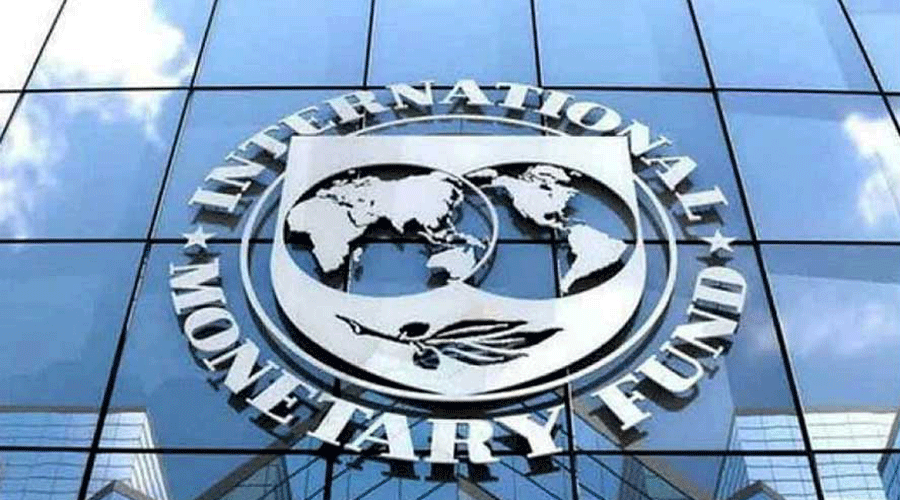Bangladesh has formally requested for a $4.5 billion loan from the Washington-based multilateral lender International Monetary Fund (IMF) to combat the ongoing financial crisis in the country, according to a media report.
The country on Sunday asked for a loan in view of rapidly declining foreign exchange (Forex) reserves, Dhaka Tribune reported. According to sources, the government sought the loan as a balance of payment and budget support as well as to mitigate the effects of climate change on Bangladesh in a letter to IMF managing director Kristalina Georgieva.
Finance ministry officials said that $1.5 billion of the $4.5 billion will most likely be interest-free and the remaining amount would come at an interest less than 2 per cent. An IMF mission is expected to visit Bangladesh in September to negotiate the terms and conditions for the loan, the report said.
A deal is expected to be locked by December, and to be placed before the global lender’s board meeting in January, the officials added. Economist Debapriya Bhattacharya, however, said Bangladesh will have to go through several conditions to get a loan from the multilateral lender, which puts harsh conditions on the borrower country to get the loan. “Right now, we have a large trade deficit. At the same time, remittances are also on the decline. There is great pressure on the exchange rate,” the economist explained.
He also added that imports were getting difficult owing to the lack of foreign exchange, and “going to the IMF is logical and the right move at this time of crisis”. “Sri Lanka’s delay in doing so caused them a huge loss,” Bhattacharya added. The economist said the IMF money would mainly be used to meet the large deficit in foreign transactions at the moment and to stabilise the exchange rate of Taka against the dollar by selling dollars. “However, before receiving this money, the government has to take several steps to show they are responsible in the eyes of the IMF. This is what we call pre-action. Also, they have to take some steps before releasing each instalment,” he said.










